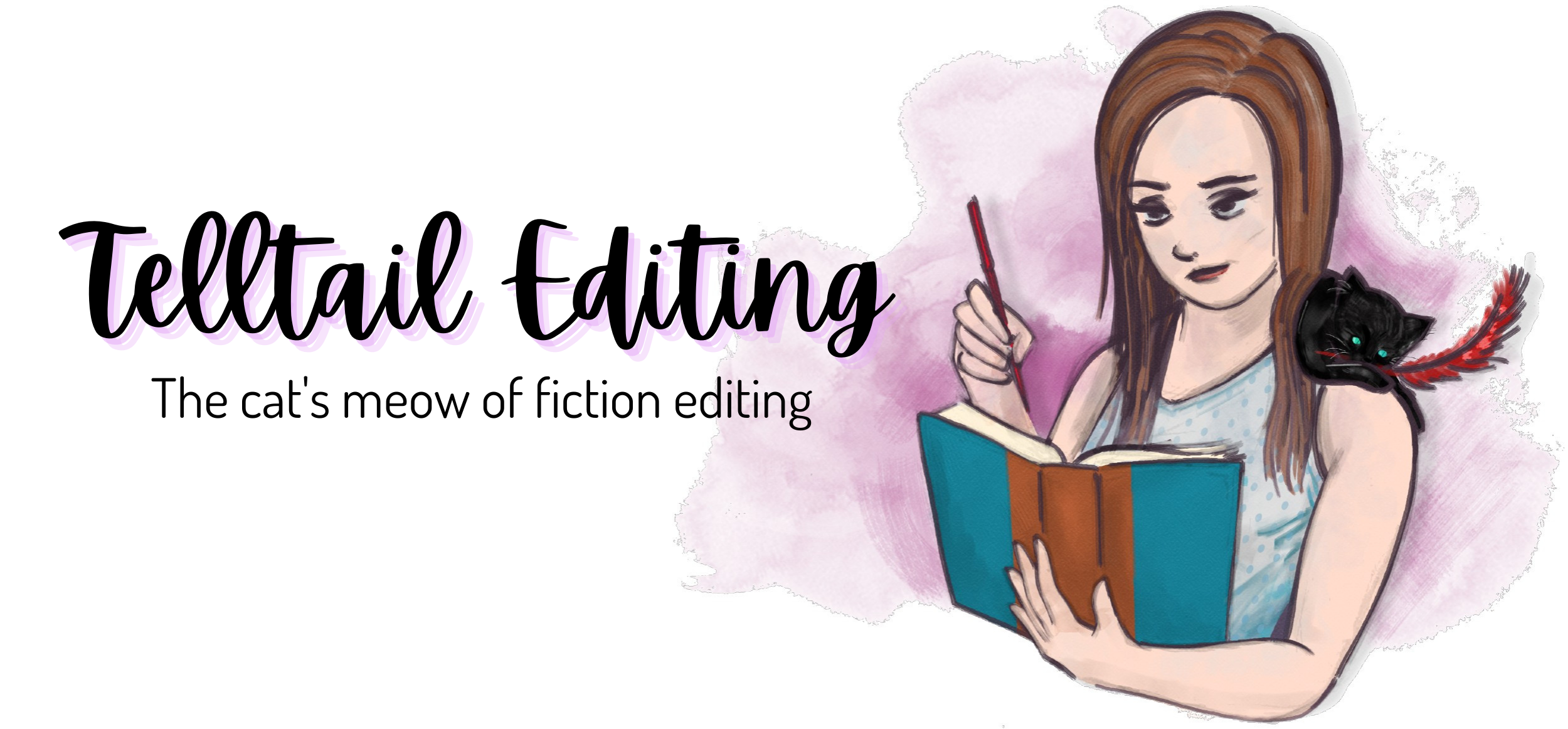
Since I haven’t done a blog on grammar yet, I figured today was the day! Here’s a cheat sheet of the most common word usage mistakes.
Lie vs Lay
The difference can be tricky, especially with the past tenses. Here’s a trick: lay requires a direct object, whereas lie does not. Lay refers to placing or setting something somewhere. Lie refers to resting on a surface. Present tense is fairly straight forward.
I always lay my purse at my feet when I have class.
The boy was careful in laying the glass sculpture down.
My cat likes to lie on my desk when I work.
My cat is lying on my desk.
Past tense is a little bit more confusing.
Lie = lay
Lay = laid
I lay down yesterday around 1.
She laid the glass down carefully.
I know, I know. This probably sounds wrong. I’m guilty of using laid as the past tense to lie when I’m not paying attention.
Past participle is thankfully simple.
Lie = lain
Lay = laid
She had lain in the same spot for hours.
The ball had laid in the water all day.
While writing this, I stared at the word lain for so long, it didn’t seem like a real word anymore.
Ensure vs Insure
Ensure: to make certain something will occur (a verb)
Insure: arrange for compensation in a certain event (a verb)
He ensured she’d win the competition.
He insured his house against flooding.
Loose vs Lose
Lose: to misplace something (a verb)
Loose: not tight (an adjective)
My bracelet is loose.
I don’t want to lose my bracelet.
All right vs Alright
This one is short and simple. Alright isn’t a word. Unless you’re using it in informal writing, you shouldn’t use it.
A lot vs alot
Another short and simple one. Alot is not a word. It’s always a lot.
Accept vs Except
Accept: receive or recognize (a verb)
Except: not including (a preposition)
He accepted the package. He accepted the idea of death.
She works every day except Monday and Tuesday.
Effect vs Affect
Effect: outcome or result (a noun)
Affect: to influence something (a verb)
She wanted to affect the overall effect of the show.
Discreet vs Discrete
Discreet: inconspicuous (an adjective)
Discrete: separate or distinct (an adjective)
They were careful to remain discreet about their affair.
The book was separated into discrete parts.
Towards vs Toward
The only real difference here is the S. Toward is the most common spelling in the US. If you’re a US-based writer, you should use toward. If you’re from the UK, you’re probably going to use towards, as it’s more common. I will correct every towards I see. It’s one of my pet peeves.
Awhile vs A while
Awhile: for a short time (an adverb)
A while: a period of time (a noun)
She was content to just stand there awhile.
She was content to just stand there for a while.
Desert vs Dessert
Desert: to abandon (a verb) OR a barren landscape (a noun)
Dessert: a sweet treat eaten at the end of a meal (a noun)
He deserted her in the desert with no water.
That dessert was delicious.
Lead vs Led
Lead: an example to follow (a noun) OR to take somewhere (a verb)
Led: Past tense of lead (a verb)
She took the lead in the race and led the team to victory.
She wants to lead me to the ruins.
Conscious vs Conscience
Conscious: awake (an adjective)
Conscience: the voice in the back of your head (a noun)
Once conscious, the toddler was a holy terror.
Her conscience told her not to steal, even though she was tempted.
Everyday vs Every day
Everyday: happening or used every day (an adjective)
Every day: expresses time, daily
I put on my everyday shoes.
I take a shower every day.
Complement vs Compliment
Complement: a thing that completes (a verb)
Compliment: to praise (a verb)
The color of her dress complemented her skin tone.
He complimented her on her achievement.
Me vs I
I is used as a subject pronoun, whereas me is used as an object.
Give the ball to me.
I want the ball.
Sally went to the store with Fred and me.
Tip: take out the other object to see if it makes sense. You wouldn’t say, “Sally went to the store with I.”
Into vs In to
Into: expressing movement or action (a preposition)
In to: (an adverb)
She fell into the table.
He came in to help.
Who vs That
Who: used when referring to a person
That: used when referring to a thing
She is the one who bought dinner.
He is on the team that went to nationals.
Less vs Fewer
Less: used for things that are countable
Fewer: used for singular mass items
This recipe calls for fewer ingredients.
She has less money than she did last night.
Hearty vs Hardy
Hearty: [of a person] loudly vigorous and cheerful OR [of food] wholesome and substantial (an adjective)
Hardy: robust, strong (an adjective)
He gave a hearty laugh.
Hardy plants can live through the winter.
Pore over vs Pour over
Pore over means to carefully study something. Pour over probably involves something being wet.
She pored over the textbooks.
Well, what did you think? Are you guilty of confusing any of these? Is there any you’d add to the list? Let me know in the comments!
As always, check back next week for the next blog post. If you missed it, read up on the topic of Write What You Know in last week’s blog.


Trackbacks/Pingbacks